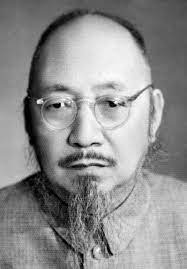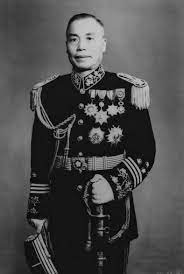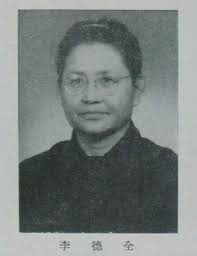Liu Ssu-fu (1884-March 1915), founder and leader of the first anarchist societies to be established in China and publisher of the Minsheng [voice of the people] . Born into a well-to-do family in Hsiangshan, Kwangtung, Liu Ssu-fu received a conventional education in the Chinese classics and became a sheng-yuan at the age of 15 sui. […]













